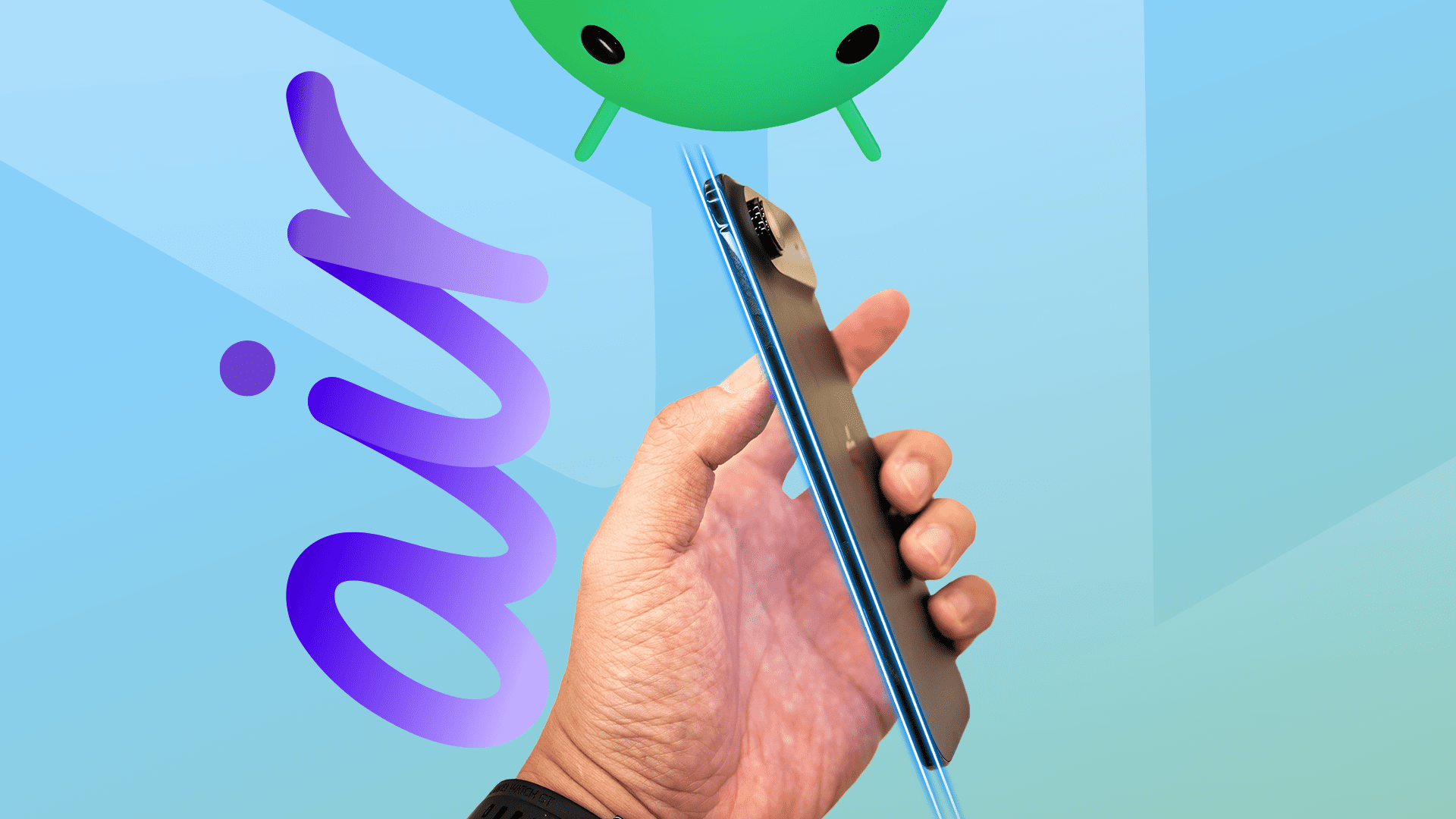sora 2 clones start flooding the app Clones of OpenAI’s Sora app have begun to inundate the App Store globally, capitalizing on the app’s rising popularity.
sora 2 clones start flooding the app
Background on Sora
OpenAI’s Sora app, designed to enhance user interaction with AI, has garnered significant attention since its release. Initially available only in the United States and Canada, Sora has quickly become a topic of interest among tech enthusiasts and casual users alike. The app’s unique features and capabilities have sparked curiosity, leading to a surge in demand.
As Sora’s popularity grew, so did the number of unauthorized clones that emerged in the App Store. These clones, often lacking the functionality and quality of the original, sought to exploit the app’s success by misleading users into downloading their versions. This phenomenon is not new in the tech world; similar instances have occurred with other popular applications, where imitation often follows innovation.
The Rise of Clones
Reports indicate that users searching for the Sora app in various regions are being met with a plethora of clone applications. These clones typically feature similar names, icons, and descriptions, making it challenging for users to distinguish between the original and the imitations. The influx of these apps raises concerns about user safety, data privacy, and the overall integrity of the App Store.
Characteristics of the Clones
The cloned versions of Sora often attempt to mimic the original app’s user interface and functionality. However, many of these clones fall short in delivering the same level of performance. Users have reported issues such as:
- Poor user experience due to subpar design and functionality.
- Inaccurate or misleading descriptions that do not reflect the actual capabilities of the app.
- Potential security risks, as some clones may collect user data without consent.
These characteristics not only frustrate users but also pose significant risks, particularly regarding data privacy. Users may unknowingly provide personal information to these clones, which may not adhere to the same privacy standards as the original Sora app.
Implications for Users
The proliferation of clone apps can have serious implications for users. First and foremost, it creates confusion in the marketplace. Users searching for Sora may inadvertently download a clone, leading to disappointment and frustration when the app fails to meet their expectations.
Moreover, the presence of these clones can dilute the brand value of the original Sora app. As users encounter subpar experiences with clones, they may develop a negative perception of the Sora brand as a whole, even if they have never used the original app. This can hinder OpenAI’s efforts to build a loyal user base and establish Sora as a reputable product in the AI application landscape.
Security Concerns
Security is another critical concern associated with the rise of clone apps. Many of these unauthorized versions may not follow the same stringent security protocols as the original Sora app. Users could be exposed to various risks, including:
- Data breaches, where personal information is compromised.
- Malware infections, which can occur if users inadvertently download malicious software disguised as a legitimate app.
- Phishing attempts, where clones may attempt to extract sensitive information from users under false pretenses.
These risks underscore the importance of vigilance when downloading apps, particularly those that are clones of popular originals. Users are encouraged to verify the authenticity of applications before installation, ensuring they are downloading from trusted sources.
App Store Response
In response to the growing concern over clone apps, Apple has taken steps to address the issue. As of October 5, reports indicate that many of the cloned Sora apps have been removed from the App Store or reverted to their original titles. This action reflects Apple’s commitment to maintaining the integrity of its platform and protecting users from potentially harmful applications.
Apple’s App Store review process is designed to filter out low-quality or malicious apps. However, the sheer volume of submissions can make it challenging to catch every clone. The company continually updates its guidelines and review processes to enhance security and user experience.
Future Measures
To further combat the issue of clone apps, Apple may consider implementing additional measures, such as:
- Enhanced algorithms to detect and flag clone applications during the review process.
- Increased user education on identifying legitimate apps versus clones.
- Stricter penalties for developers who create and distribute clone apps.
These measures could help create a safer environment for users and ensure that the App Store remains a reliable source for quality applications.
Stakeholder Reactions
The emergence of clone apps has elicited a range of reactions from stakeholders in the tech industry. Developers, users, and industry experts have expressed concerns about the implications of clones on innovation and user trust.
Developer Perspectives
Developers of legitimate applications, including OpenAI, have voiced their frustrations regarding the prevalence of clone apps. Many argue that clones undermine the hard work and creativity that goes into developing original applications. The existence of clones can lead to lost revenue and diminished brand reputation for developers who invest significant resources into creating high-quality products.
User Sentiment
Users have also expressed their concerns about the impact of clone apps on their experience. Many have taken to social media and forums to share their encounters with clones, warning others to be cautious. This collective sentiment highlights the need for greater transparency and accountability in the app marketplace.
Industry Experts
Industry experts have weighed in on the issue, emphasizing the importance of protecting intellectual property in the tech sector. They argue that stronger regulations and enforcement mechanisms are necessary to deter the creation of clone apps and safeguard the interests of original developers. This perspective underscores the ongoing challenge of balancing innovation with protection against imitation.
Conclusion
The influx of clone apps following the release of OpenAI’s Sora app serves as a reminder of the challenges faced in the digital marketplace. While the original Sora app continues to gain traction, the presence of clones poses risks to users and developers alike. As Apple takes steps to address the issue, it remains crucial for users to remain vigilant and informed when navigating the App Store.
Ultimately, the situation highlights the need for ongoing discussions about app integrity, user safety, and the protection of intellectual property in an increasingly competitive tech landscape. As the digital world continues to evolve, stakeholders must work together to foster an environment that encourages innovation while safeguarding against exploitation.
Source: Original report
Was this helpful?
Last Modified: October 5, 2025 at 6:36 pm
1 views















